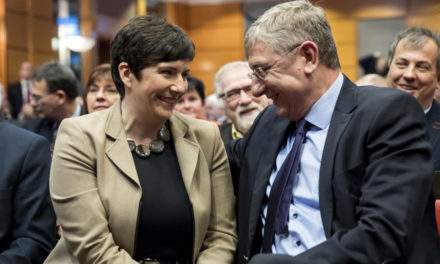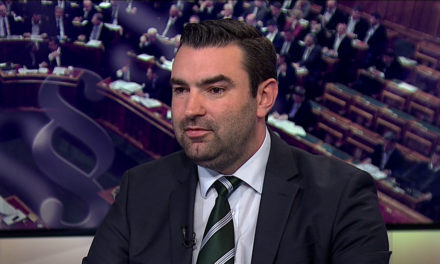Even though the primary election involved several unexpected conflicts between the parties participating in the left coalition, the chance that one of them will jump out and leave the other members of the coalition is very low, at least at the moment, explained Erik Tóth in his analysis for Magyar Nemzet.
He reminded us that there is still plenty of time until the parliamentary elections in 2022, and we know that the actors of the left-wing opposition are capable of canceling previously concluded agreements in a matter of moments, if it is in their interest.
"The cooperation of the left-wing alliance seems to be relatively stable primarily for political, not legal, reasons," emphasizes Erik Tóth.
According to his words, the participants of the anti-government bloc, which suffered a two-thirds defeat for the government party in the last three parliamentary elections, - apparently united - came to the conclusion that they can only fight for a change of government together. For this reason, if it were to arise in one of the parties that it had made a disproportionately bad background deal since the beginning of 2021, it would have to consider the political consequences of its withdrawal.
The other politicians who remained in the alliance could rightly say that the deserters let the voters down, and they would certainly be accused of Fidesz partisanship. This happened, for example, to the LMP in 2018, when according to the DK and the MSZP, it did not step back in enough places in their favor, recalls the senior analyst of the Center for Fundamental Rights. Erik Tóth believes that it is also questionable how many potential exiters have a chance of crossing the parliamentary threshold.
According to our current knowledge, not all left-wing parties would be able to surpass the threshold of five percent on their own, and in the case of forming smaller, separate alliances, reaching the threshold of ten or fifteen percent represents an even greater risk. Not to mention, adds the analyst, that those who leave the left-wing coalition will lose additional resources and allies: not only will they have fewer financial resources, but the number of activists and national organizations that partly work for them will also dwindle.
In addition, they do not have time to terminate the agreement
seven months before the parliamentary elections. You can read more details of the interesting article here.
Image: Hungarian Nation












